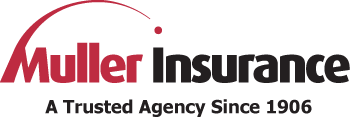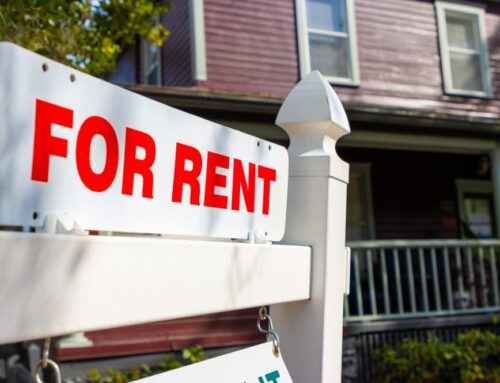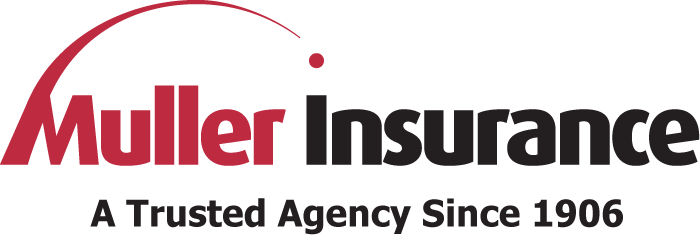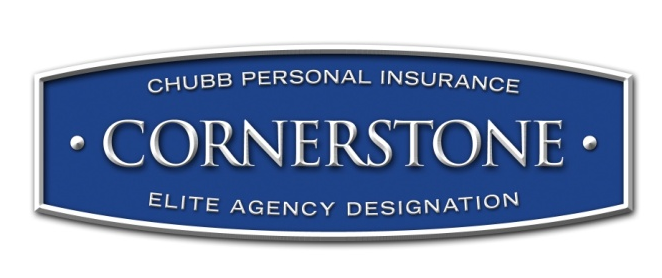In the unfortunate scenario that you have to file a claim with your insurance company, there are many things to consider, including how much money you’ll receive to cover your damages. Understanding the differences between cash and replacement value can make it much easier to decide which kind of insurance you need – before a disaster occurs.
About Actual Cash Value
If an insurance policy covers actual cash value, that means the amount of money you are paid for a loss is calculated with the depreciation of the item or property’s value factored in. In other words, the money you get is the cost of the new item minus depreciation. For example, suppose you were to insure a television and use it every day for five years before it was stolen. The actual cash value calculation would account for its age and wear and tear on the TV at the time it was stolen.
In some cases, the exact definition of the actual cash value is a bit hazy, as some courts have defined it as fair market value, or what you could expect to get for the item if you were to sell it. Likewise, there has been disagreement over whether depreciation includes obsolescence. Regardless, the central point remains: Depreciation is factored into the amount of money you receive for a loss.
About Replacement Cost
In the case of replacement cost, your insurance policy pays the full cost of a new replacement for your loss. This could include the cost of rebuilding your home after a fire, for example. The replacement cost is calculated by looking at:
- The cost of an equivalent make and model item
- The cost to replace the property lost with other property of comparable materials and quality
Generally, this is a straightforward process and will result in a larger sum paid to you than in the case of actual cash value. However, ask your insurer for specifics regarding how replacement cost calculations are made and how they work in the event of a loss.
Which One Do I Need?
The main difference between actual cash value and replacement value insurance policies is whether or not depreciation is factored in and deducted. However, deciding which type of coverage you need can be a bit tougher, with different policies offering a variety of options and prices. The key thing to remember when you’re deciding between policies is that with actual cash value, the depreciation of the item or property will be factored in. For more help deciding between actual cash value and replacement cost value policies, contact Muller Insurance today.
Muller Insurance, which serves customers in New Jersey, New York, Connecticut, Pennsylvania, and other states, can explain the difference between actual cash value and replacement cost.








